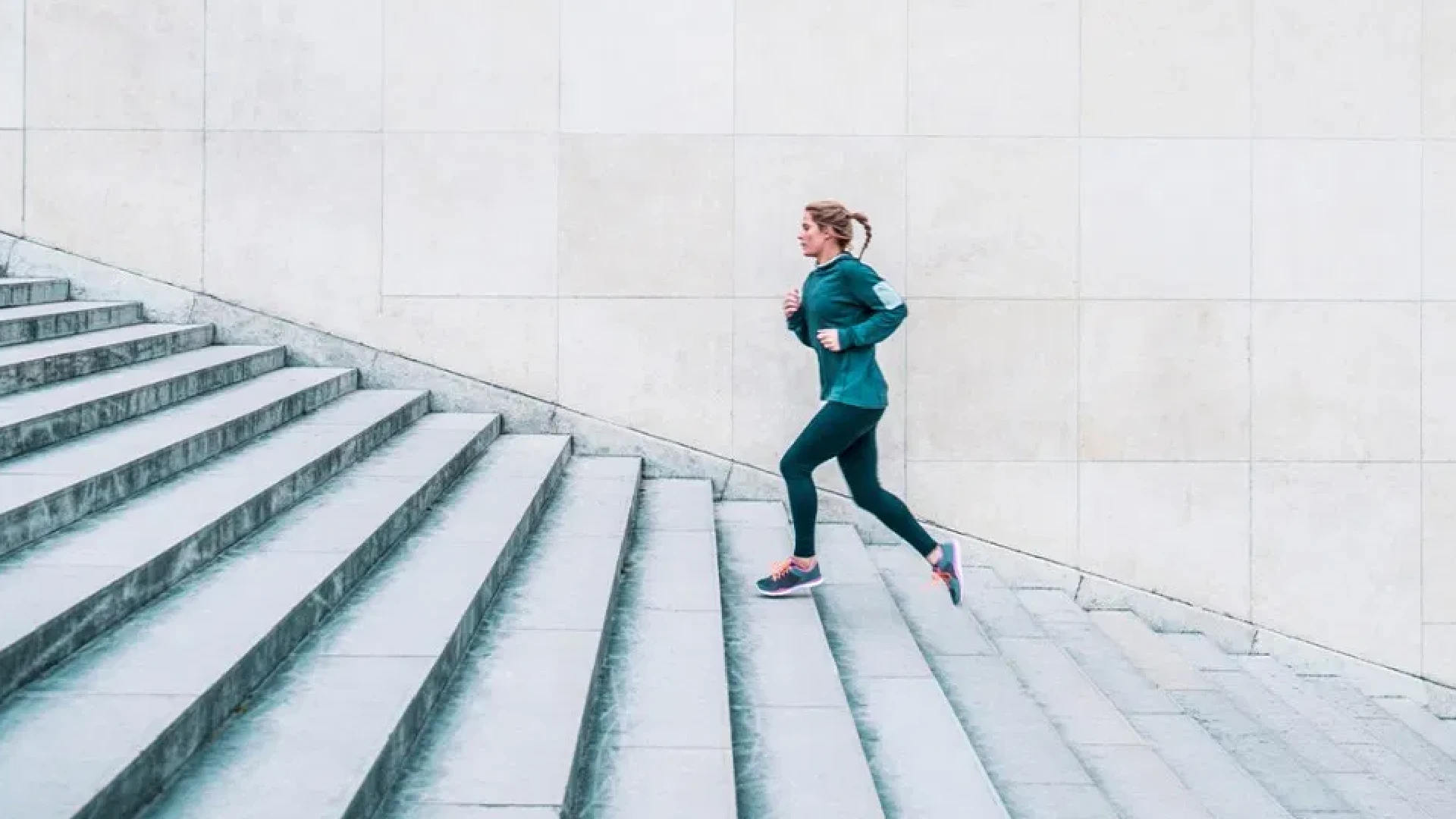Shane Warne of Australia passed away on Friday from a suspected heart attack in Thailand. He was 52 years old. A statement released by the late cricketer’s manager states that he was found unresponsive in his villa, and that “despite the best efforts of medical staff, he could not be revived.”
With his untimely death, the issue of sudden cardiac death in super-fit young athletes is being widely discussed again. In order to learn the possible causes of heart attacks in athletes, we talked to a few doctors. Here is what they said:
Even exercise is good only in moderation
“We all believe training for marathons and getting six-pack abs is good for our health. However, even exercise is good only in moderation,” explains Dr Kaushal Chhatrapati, Interventional Cardiologist at Wockhardt Hospital, Mumbai Central.
As a result of strenuous exercise, cardiac tissue can become oxygen depleted. This can cause cardiac arrhythmia and death, as well as raising the heart rate and blood pressure, which can cause microscopic tears in our heart arteries, which cause clots. The clot can then occlude a major heart artery and cause a deadly heart attack.”
Unaccustomed exercise might lead to heart damage
According to Dr Ankur Phatarpekar, Director CATH Lab, Symbiosis Hospital, Mumbai, heart attacks and sudden cardiac death are affecting people of all ages.
There is a rising trend in cardiovascular diseases due to sedentary lifestyles and other risk factors such as hypertension, diabetes, etc. Exercise is good for your health, but unaccustomed exercise can cause harm to the heart and rhythm disorders. Also, drinking alcohol, smoking, and using habit-forming drugs can lead to a heart attack.”
Two main reasons for cardiac arrest in athletes
Dr. G Ramesh, Sr. Consultant Interventional Cardiologist, Yashoda Hospitals Hyderabad, identifies two main risk factors for sudden cardiac death or cardiac arrest among athletes. According to him:
- 1) Young adults with an arrhythmic substrate or a genetic predisposition to abnormal heart rhythms, such as an international footballer. An ECG echo and stress test are diagnostic tests in these cases, but many cases can be missed. The treatment is the implantation of an implantable cardiac defibrillator and avoidance of predisposing factors such as extreme exertion
- Another example is that of our cricketers who have recently suffered a heart attack that was treated in time, as with Sourav Ganguly and Kapil Dev, or proved fatal, as with Yashpal Sharma. These cases involve sudden plaque rupture in the coronary arteries, resulting in sudden blockage of the artery and sometimes sudden death.
Plaque ruptures are generally associated with cholesterol-deposited arteries. There are several causes, including family history of heart disease, diabetes, hypertension, obesity, smoking, or excessive drinking, physical or mental stress, and dietary habits.
Everyone, including athletes, should undergo regular cardiac checks
According to Dr. Ramesh, the best way to prevent this condition would be to maintain a balanced lifestyle along with routine health checks, including an ECG echo and stress test. Furthermore, risk factors such as diabetes and hypertension must be controlled. Athletes sometimes engage in extreme activities that shouldn’t be done. It is important for everyone, including athletes, to have regular cardiac checks to detect any asymmetries.
Youth have a lot of stress – stress of performance, stress associated with urbanization, and lifestyle – which often leads to smoking (both active and passive smoking), drinking, and unhealthy eating habits, leading to heart attacks, cardiac arrests, and arrhythmias, he adds.
Dr. G. Ramesh states, “Moderating exercise is the key; 45 minutes to 1 hour of exercise, five to six days a week, is recommended to maintain good cardiac health.”
